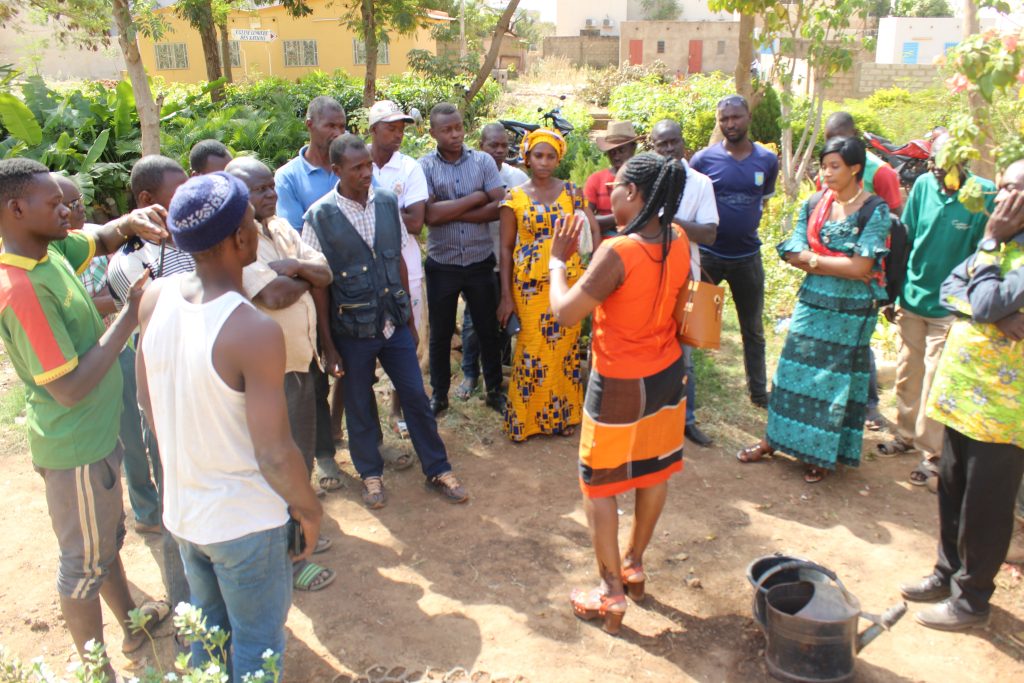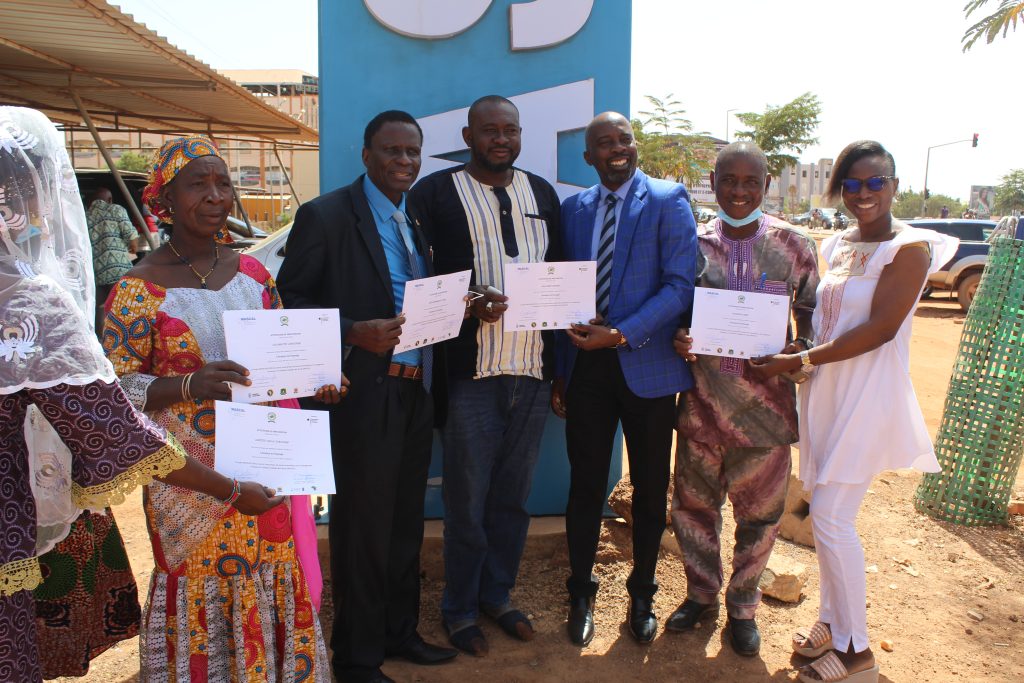
WASCAL, represented by Dr. Safie Sanfo, Regional Thematic Coordinator-Rural-Urban and Cross border Migration in West Africa from the WASCAL Competence Centre joined other speakers via an online symposium on “Understanding the challenges of Climate Change, Migration and Sustainability: the contribution from African Universities”, at the just ended COP 26 in Glasgow.
The symposium which was jointly organized by CC-MAIN, and the Research and Transfer Centre “Sustainability and Climate change Management (FTZ-NK)” of the Hamburg University of Applied sought to share information on research contributions of various African institutions on poverty, migration, integration and sustainability.
Dr. Safie engaged participants on issues pertaining to Climate Change, adaptation, migration and sustainability in West Africa through The highlights of her presentation touched on the existence of a complex relationships between climate and environmental drivers, changes and migration, the important increase of Rural – Urban and Cross border migration in West Africa, the diversified key drivers of migration which includes environmental as well as climatic aspects such as climate extremes events, deforestation, land degradation, and soil productivity , socio-economic factors of migration such as demographic pressure, land availability, land tenure insecurity, poverty trap and food insecurity, conflicts, political instability, terrorist attacks, and the fact that migration is a coping strategy, an insurance against climate and economic hazards.
In her closing remarks, Dr. Safie articulated the necessity of bridging the knowledge gap by customizing training programmes, and valuing indigenous knowledge; co-producing, delivering and disseminating climate services; raising sovereign funds, creating incentives to encourage people to pay taxes for the optimization & quick uptake of structural adaptation options; encouraging gender equity through awareness-raising, women’s and youth empowerment, advocacy,. and promoting land-based circular economy, access to green energy and clean water, to sustainably improve livelihood of women, youth, and marginalized people.


